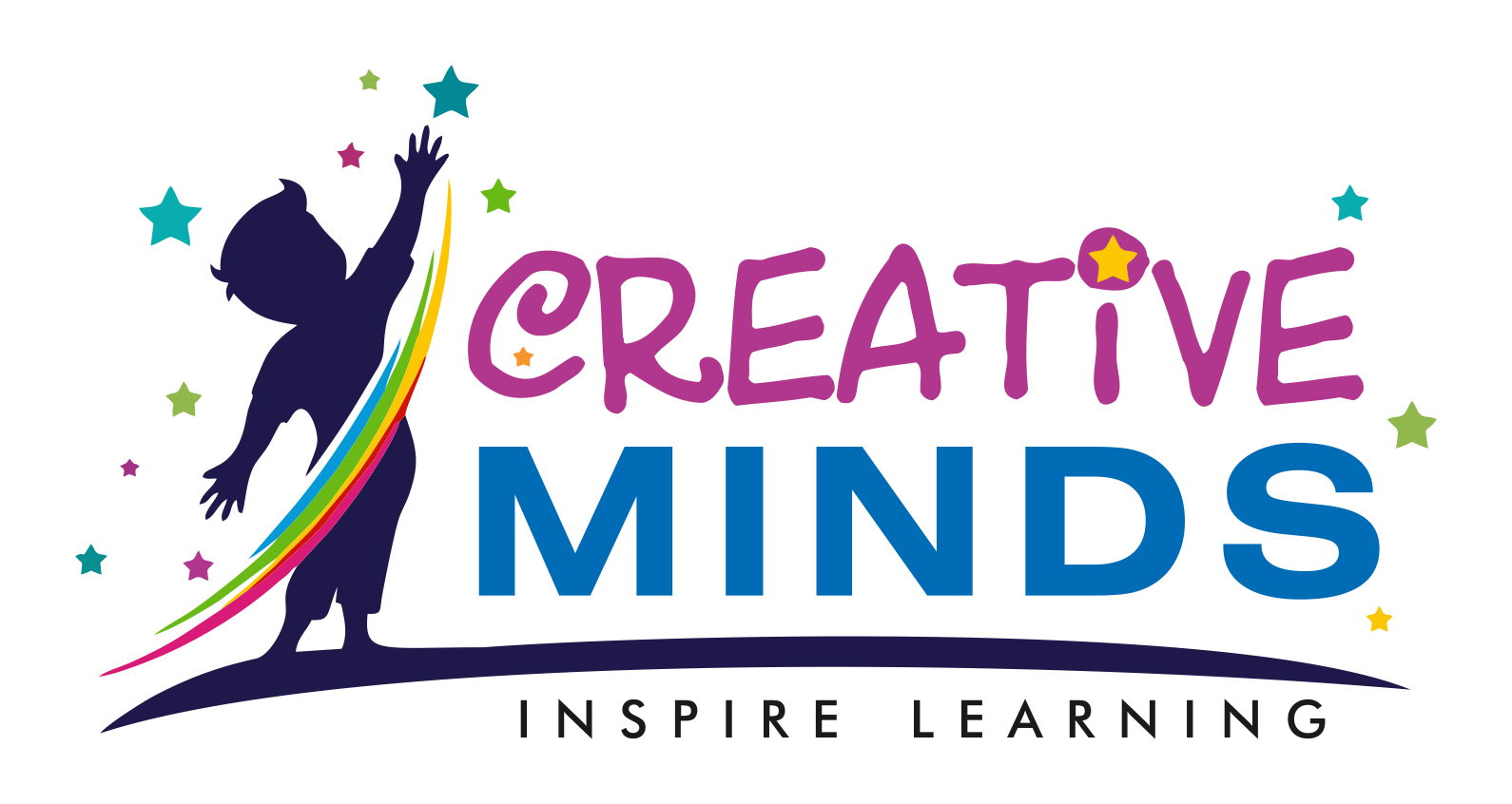In today’s world, a strong foundation in education is crucial for a child’s success. One of the key elements that significantly shapes early education is phonics. In Surat, like in many other parts of India, parents and educators are increasingly realizing the transformative power of phonics in a child’s learning journey. This blog delves into the importance of phonics and how it plays a pivotal role in enhancing children’s literacy skills, ultimately preparing them for future academic success.
What is Phonics?
Phonics is a method of teaching reading and writing by helping children connect sounds with letters or groups of letters. It breaks down the language into understandable parts, allowing kids to recognize how sounds combine to form words. This method makes reading less intimidating for young learners and helps them decode words more efficiently.
The Importance of Phonics in Early Learning
- Foundation for Literacy
Phonics lays the groundwork for literacy by enabling children to read and understand texts early on. It helps kids break the reading code by teaching them to associate sounds with written letters, which is critical for their language development. - Improved Reading Comprehension
By grasping the phonetic structure of words, children can read more fluently, which enhances their comprehension skills. Once they decode words more quickly, they can focus on understanding the meaning of what they read, fostering a love for reading. - Boosts Confidence
Phonics-based learning helps children gain confidence as they learn to read independently. As they master new words and improve their reading skills, they become more self-assured in their academic abilities. - Enhances Spelling Skills
Understanding the relationship between sounds and letters also improves a child’s spelling. When children can sound out words, they are better equipped to spell unfamiliar words correctly, which is a critical skill in both writing and communication. - Lifelong Learning Advantage
Phonics not only helps children succeed in their early academic years but also lays the foundation for lifelong learning. Once they become confident readers, they can explore a wide range of subjects and gain new knowledge throughout their lives.
The Role of Phonics in Surat’s Education System
In Surat, a city known for its focus on quality education, many schools and learning centers are incorporating phonics programs into their curriculum. Phonics is especially beneficial for young children in Surat who are learning English as a second language. By understanding the structure of English through phonics, children can navigate the challenges of reading and writing with ease.

How Parents Can Support Phonics Learning at Home
Parents play a vital role in reinforcing phonics skills outside the classroom. Here are a few ways to help your child succeed with phonics:
- Read Together
Reading with your child every day is one of the best ways to reinforce phonics learning. As you read, point out the sounds of letters and words, encouraging your child to sound out new words. - Engage with Phonics Games
Interactive games and activities make learning phonics fun. There are plenty of phonics-based apps, puzzles, and flashcards that can help children practice sounds and letter recognition in a playful way. - Encourage Writing Practice
Encourage your child to practice writing words using the sounds they have learned. This helps reinforce their understanding of the connection between letters and sounds. - Create a Print-Rich Environment
Surround your child with books, labels, and other printed materials. A print-rich environment helps children stay engaged with reading and provides frequent exposure to words and sounds.
Transforming Learning with Phonics in Surat
The growing focus on phonics in Surat’s educational institutions is creating a new generation of confident readers and learners. Schools are investing in structured phonics programs, and teachers are trained to implement phonics techniques effectively. The result? Children in Surat are developing strong reading and writing skills at an early age, giving them a head start in their educational journey.
Conclusion
Phonics is more than just a teaching method; it’s a transformative tool that shapes a child’s ability to read, write, and communicate effectively. In Surat, the emphasis on phonics in early education is helping children build a strong foundation for academic success. By supporting phonics learning both in school and at home, parents and educators can ensure that children thrive in their literacy development and are better prepared for future learning challenges.

